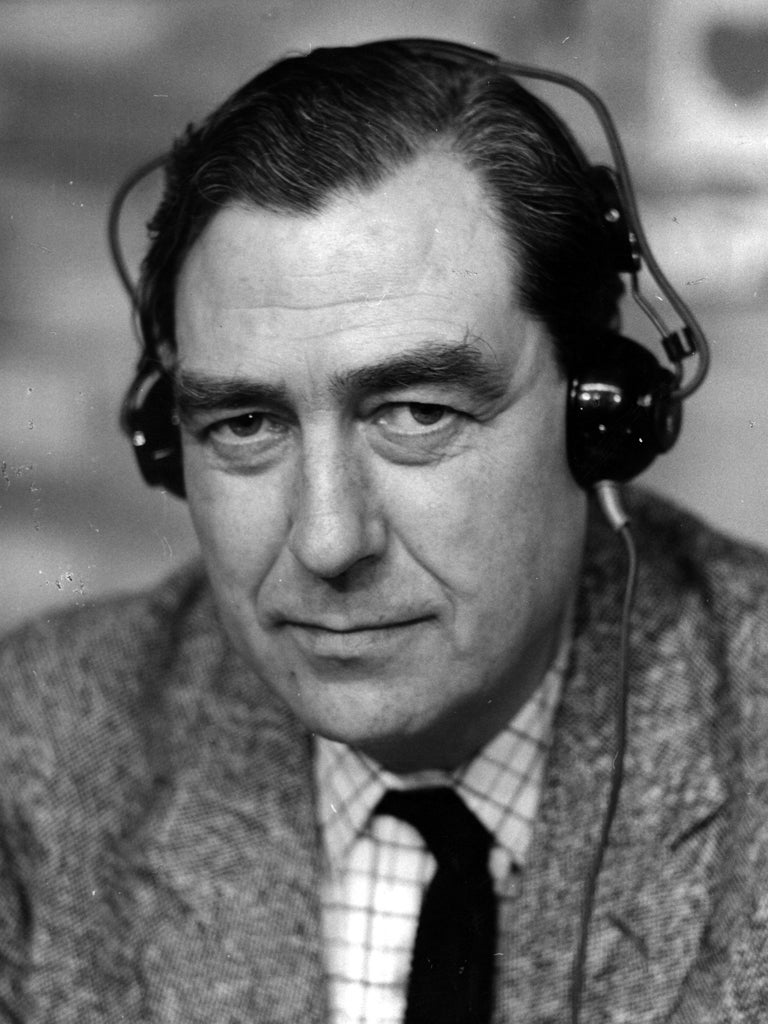Arlott opened door and then people's minds
South African was resigned to life as a printer in Cape Town until he wrote to great commentator

Basil D'Oliveira was about to give up on cricket when he hit on a desperate idea. It changed everything for him, and the world.
Despite his status in non-white cricketing circles in Cape Town, he knew that was as far as it would go in South Africa. He had to get out but was resigned to his life as a printer's assistant.
For years he had tried various approaches to play in England but was rejected or ignored at every turn. Then he wrote to John Arlott, a great English cricket writer who was above all a humanitarian. D'Oliveira and Arlott began a correspondence, some of which is revealed in Peter Oborne's wonderful 2004 biography of the cricketer.
"Forgive me for chasing you again," D'Oliveira writes. "I suppose you will be infuriated with me for writing another letter to you." But Arlott replied: "I know how keen you are and I wish I could do more."
Arlott contacted John Kay ofthe Manchester Evening News, an aficionado of League cricket in Lancashire. Kay at first wrote: "I am very much afraid there is no hope of a League post for D'Oliveira next summer. He lacks what the clubs term crowd appeal."
Arlott persisted: "I feel that if he could get an appointment it would be a great thing for non-white sport in South Africa. I think that asking him over here might change the sporting and to some extent the political face of South Africa, which seems to me to be very worthwhile."
Suddenly, Wes Hall, the titanic West Indies fast bowler, was forced to withdraw from his contract with the Middleton club. Arlott wrote to D'Oliveira: "Now I have an offer for you to play as a professional in England. I cannot pretend that this job would be an easy one. You would be expected to bear a fairly heavy share of the bowling through these long afternoon matches and the professional is normally expected to carry the main weight of the batting too."
D'Oliveira's reply read: "I do appreciate that it will be quite an uphill battle coming from the matting on to the turf. However I will practise four times a week on a turf wicket. There is so much at stake for non-white sport in South Africa that I am quite prepared to face anything."
He was not there yet and it took fundraising on a grand scale among his friends and neighbours to pay his passage. But he was on his way.
'It was the single act my father was most proud of'
"Although he did not speak about it often, my father regarded bringing Basil D'Oliveira to England as the single act he was most proud of in his life.
It must surely have been one link in the long chain of events that resulted in Nelson Mandela's release from Robben Island 30 years later and the abolition of apartheid in 1991.
It was one of the few things that still brought him pleasure during the chronic ill-health he endured before he died in December ofthe same year."
Tim Arlott, John's son
Join our commenting forum
Join thought-provoking conversations, follow other Independent readers and see their replies
0Comments